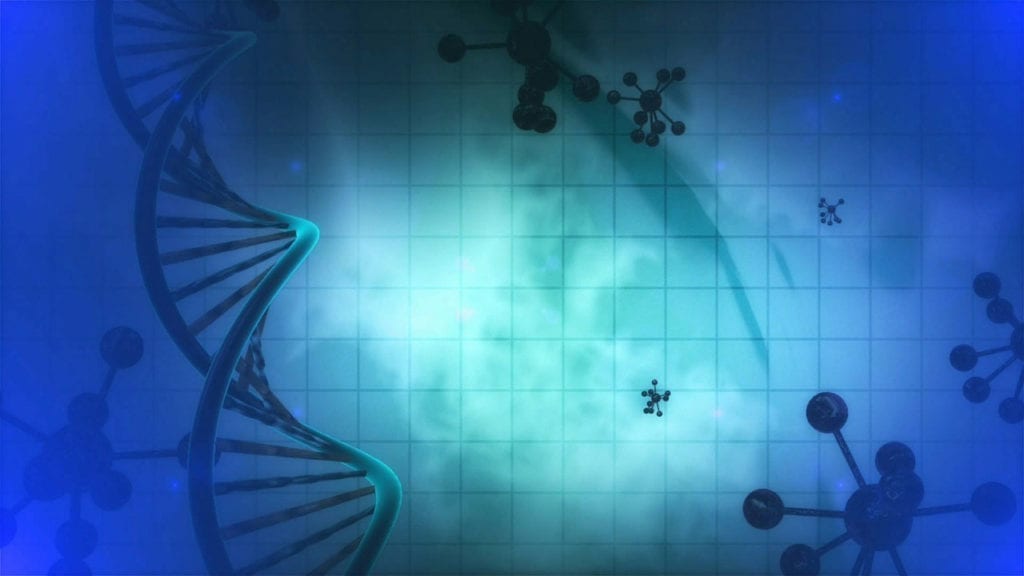According to a story from BioSpace, the drug developer Biogen recently released interim results from a Phase 1/2 clinical trial. This clinical trial is testing the drug tofersen, which is being developed as a treatment for a genetic form of amyotrophic lateral sclerosis that is linked to mutations of the SOD1 gene. The findings from these interim results are encouraging enough to support the continued testing of the therapy and the development of a Phase 3 clinical trial.
About Amyotrophic Lateral Sclerosis (ALS)
Amyotrophic lateral sclerosis, otherwise known as Lou Gehrig’s disease, is a rare, degenerative disease that causes the death of nerve cells associated with the voluntary muscles. Little is known about the origins of amyotrophic lateral sclerosis, with no definitive cause in about 95 percent of cases. The remaining five percent appear to inherit the disease from their parents. Symptoms initially include loss of coordination, muscle weakness and atrophy, muscle stiffness and cramping, and trouble speaking, breathing, or swallowing. These symptoms worsen steadily over time; most patients die because of respiratory complications. Treatment is mostly symptomatic and the medication riluzole can prolong life. Life expectancy after diagnosis ranges from two to four years, but some patients can survive for substantially longer. To learn more about amyotrophic lateral sclerosis, click here.
One Small Step?
While this drug has the potential to be useful for only a small percentage of amyotrophic lateral sclerosis patients, the utterly deplorable state of treatment for this disease means that even small improvements are welcome. There is a dire need for more useful treatments for this lethal rare disease. Amyotrophic lateral sclerosis has been a notoriously difficult disease to treat effectively, with many experimental drugs faltering in the clinical trial stage.
Biogen itself has seen its previous attempts to develop drugs for the disease fail. By finding effective treatments for the genetic forms of amyotrophic lateral sclerosis, which make up only a small number of overall cases, the chances of developing an effective treatment for the disease as a whole could improve thanks to discoveries made along the way. Some of the latest research suggests that a number of different mutations impacting multiple genes at once could be the cause in the majority if cases.
In the study, treatment with tofersen was able to reduce the presence of SOD1 proteins in the cerebrospinal fluid by 37 percent. Patients that received the drug also had greater muscle strength and breathing capacity compared to the placebo group. The Phase 3 study of tofersen has already begun to dose patients.






